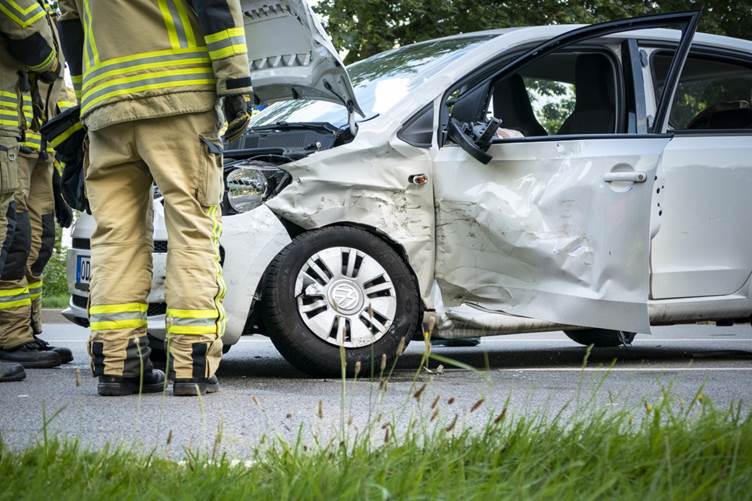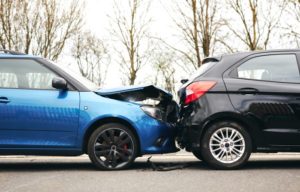
By Steven M. Gursten, attorney and President of Michigan Auto Law
Introduction
As anyone who’s ever been in a crash knows, it can be a serious and life-changing event. That’s why it is not uncommon for people who have been injured in a crash to suffer from depression.
If you are suffering from depression after a car accident, it is essential that you seek medical attention right away. Your doctor may refer you to a psychologist or neuropsychologist who specializes in traumatic brain injury and Post Traumatic Stress Disorder (PTSD) treatment.
Talking with an experienced auto accident attorney will help you understand your legal rights to compensation and damages from the at-fault driver who caused your accident as well as from any other responsible third-parties.
Depressed after a crash?
If you’ve been in a motor vehicle crash, it’s possible that you may be depressed as a result. It can be hard to tell what you’re feeling after a crash if you’re struggling with depression _- especially if it’s the first time you’ve experienced these feelings. It is important to know that this mood disorder is real and treatable.
It’s also important to know that there are many factors that cause people to feel depressed after an accident: brain injury, PTSD, or other conditions related to the crash itself or its aftermath can all contribute. The National Institute of Mental Health reports that about one in eight people experience PTSD following traumatic events — which includes motor vehicle crashes.
Yes, you can be depressed after a crash
Depression is a real thing. It can happen to anyone and it’s a medical condition, not a sign of weakness or personal failure.
It is frequently suffered by people who have experienced traumatic, dangerous and potentially deadly events such as serious car crashes.
This mood disorder is not something you bring on yourself, nor is it something that you’re “just getting over.” It’s not something you can just snap out of, either. It should be – and must be – treated as the serious illness that it is.
That means seeking a diagnosis, care and treatment from experienced health care providers.
Crash related depression
When you become involved in a crash, it’s normal to experience levels of depression. The injury can cause physical pain and disability, which can lead to a loss of self-confidence and independence. This mood disorder is also common after a collision because the accident may result in injuries that impair your ability to continue to lead the normal life you had before the crash.
Most people who suffer from this medical disorder feel sad or hopeless, lose interest in activities they used to enjoy and have trouble sleeping. They may also have feelings of guilt for continuing with their daily routines when others are struggling. If you notice these symptoms in yourself or others after a crash, speak with your doctor about treatment options that could be helpful for you.
When your depression is affecting your ability to live your normal life, an experienced lawyer can help you enforce your legal rights to recover pain and suffering compensation and economic damages to pay for your medical bills and your lost wages if your depression and injuries have prevented you from returning to work.
Diagnosing the cause of your depression
It is essential that you seek medical attention as soon as you begin experiencing depression after a crash. You will need to know what is causing your mood disorder to begin the proper course of treatment for your recovery,
It may be related to PTSD or it could be a symptom or sign that you are also suffering from an underlying accident-related brain injury.
Sometimes you’re not aware of it right away
If you have been in a crash, it is possible that this mood disorder could occur as a delayed reaction. It may not be immediately apparent to you that something is wrong. If you notice subtle changes in mood and behavior but don’t know why, it’s important to seek help. Depression can be difficult for family members and friends to recognize because symptoms are often subtle.
Conclusion
Most importantly, if you’re depressed after a crash, don’t be afraid to ask for help. There are many resources available, so don’t think that this is something you have to deal with alone.






